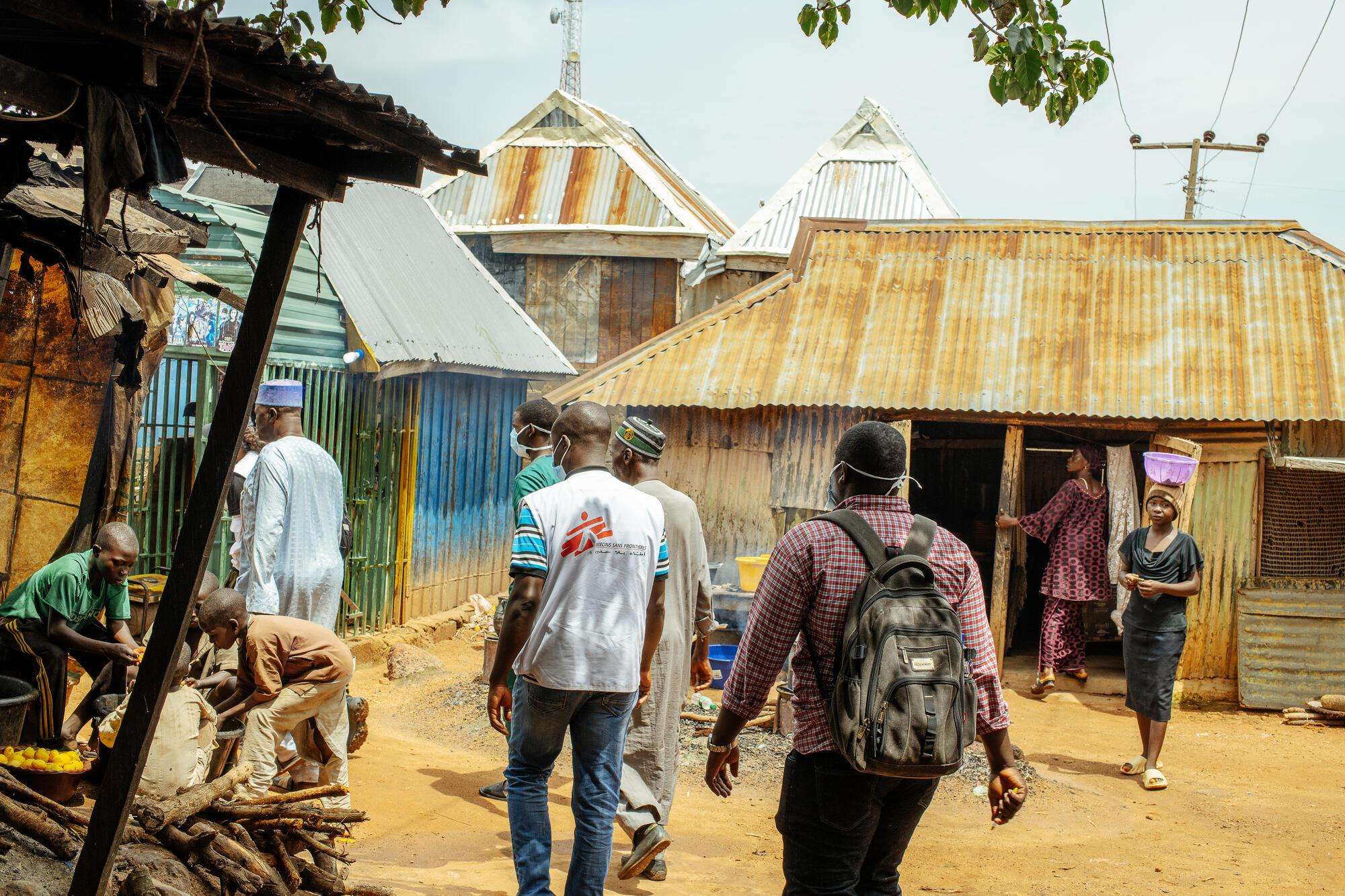Nigeria has been fighting the country’s worst cholera outbreak in a decade, with more than 90,000 people infected so far this year. The challenges were immense in cities such as Kano and Bauchi, where many people live in overcrowded conditions, with poor or nonexistent sewage systems and no access to clean drinking water. In such conditions, water sources can easily become contaminated with sewage, especially in the rainy season, causing waterborne diseases like cholera to spread quickly.
Doctors Without Borders/Médecins Sans Frontières (MSF) adopted a community-based approach, taking health care, hygiene measures, and public health information directly to the affected communities. “Fortunately, thanks to our community-based activities, especially our health promotion activities, community awareness [has risen] across the state,” said MSF project medical referent Daniel Bamba. MSF health promotion teams worked with Ministry of Health staff to conduct door-to-door contact tracing to find people with symptoms and help them get medical care quickly, while outreach teams chlorinated wells and disinfected patients’ homes. Working with community leaders, MSF teams also identified neighborhoods with high concentrations of cases to set up oral rehydration points, where patients with milder symptoms could receive treatment.

